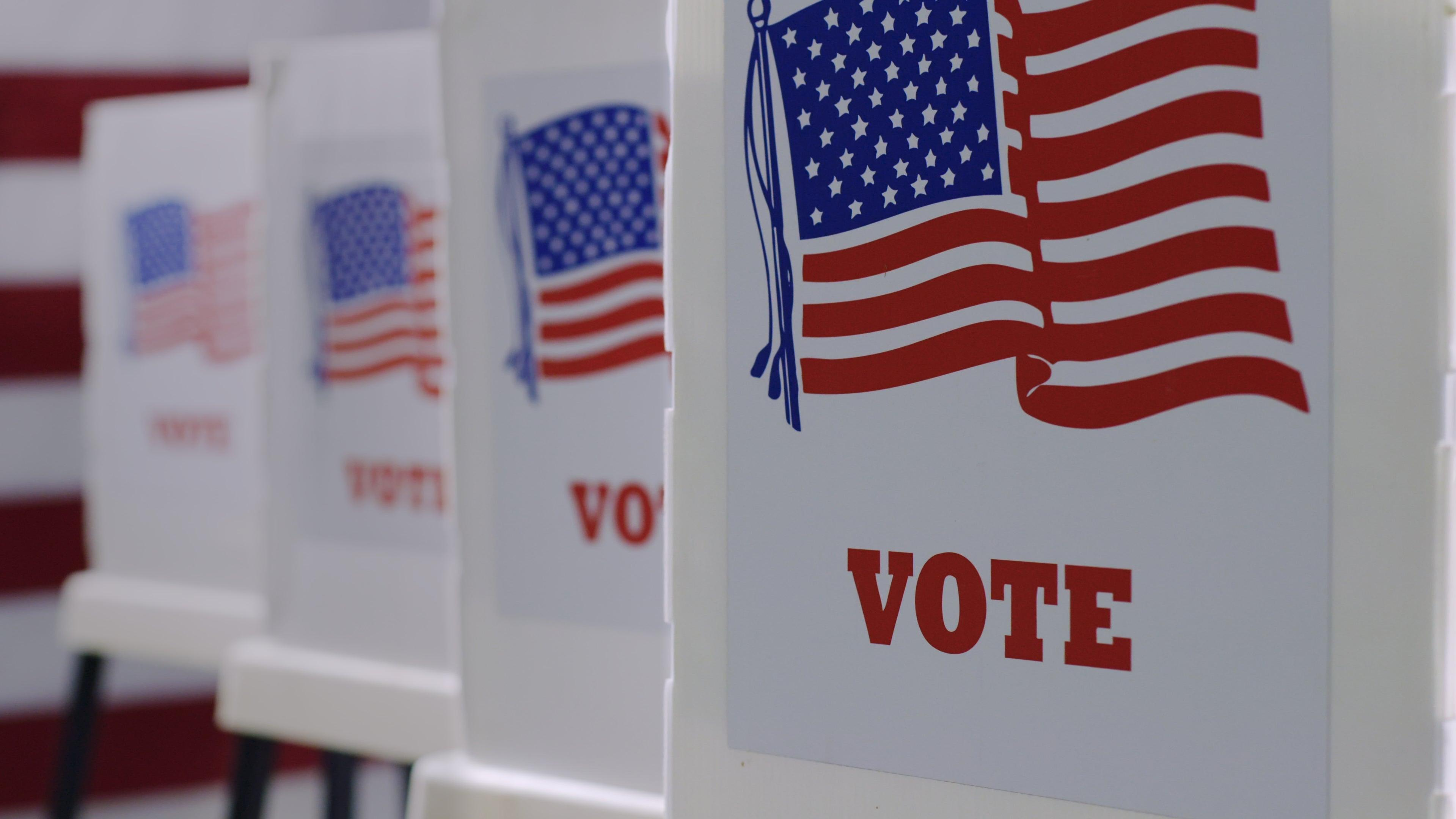The Best And Worst Ways Restaurants Will Be Affected By The Midterms
These ballot measures could determine the future of the food industry.
The midterm elections always mark a shift in the United State's political landscape. While some may overlook the occasion in years when we're not electing our next president, the midterms are when you'll encounter major referendums and other acts that can be passed via the ballot—measures that often affect our day-to-day life more than the highest office does. In 2022, our relationship with food might be what's driving us to the polls.
According to Pew Research Center, 73% of voters say they are concerned about the price of food and consumer goods heading into the midterm election, and a Trafalgar Group report says that 68.3% of voters were motivated to participate in the upcoming election because of the increased cost of groceries. While it's unclear if any particular candidate will vastly improve the cost of our weekly grocery bill, some state ballots include clear-cut measures that will directly affect the food industry.
Propositions and measures on midterm election ballots
Though these aren't nationwide measures, once precedent is set in one state, it's only a matter of time before the measures trickle across state borders and become the industry-wide norm. So even if you're not voting in one of these states, it's worth keeping an eye on what neighboring governments are doing.
- Illinois and Tennessee union measures. In Illinois, voters will have the option to approve the Workers Rights Amendment, which if passed would make Illinois one of only four states with state constitutional protection of unions. It would also prevent the passage of future laws undermining workers' rights. In Tennessee, the Right-to-Work Amendment would make it illegal to deny someone employment because of their refusal to join a union. In both cases, it leaves more power in employees' hands to choose their ideal work situation, and with unions sweeping restaurants and grocery stores, these will certainly affect workers in those industries.
- Nevada and Nebraska minimum wage increase. Nevada's Minimum Wage Amendment and Nebraska's Minimum Wage Increase Initiative are both efforts to raise each state's minimum wage, which is often the baseline for fast food and grocery workers. In Nevada, the amendment would raise the minimum wage from $10.50 per hour to $12 per hour by July 1, 2024. In Nebraska, the initiative aims to raise the minimum wage from $9 per hour to $15 per hour by January 1, 2026, adjusting to minimum wage each year in between based on cost of living increases.
- Washington, D.C. Tip Credit Elimination Act. Perhaps one of the most drastic measures, this potential law would raise tipped employee's minimum wage to the standard minimum wage for non-tipped workers by 2026. In D.C., that means that tipped employees would see an increase in wages from $5.35 per hour plus tips to $16.10 per hour plus tips.
While not on the ballot this year, major chains like In-N-Out, Starbucks, and Chipotle are already lobbying to put California's recently passed FAST Act, a bill changing how fast food is regulated in the state, on the 2024 ballot for voter approval in an effort to kill it, Restaurant Business reports. Of course, if these other measures pass this year, that could be setting those efforts up for failure. Politics is a delicate balance and every election cycle counts, so get out there and vote!
